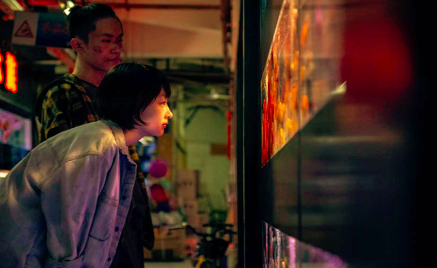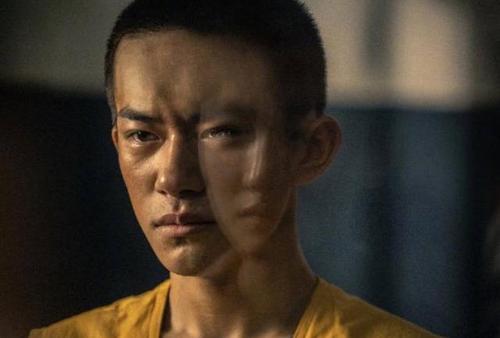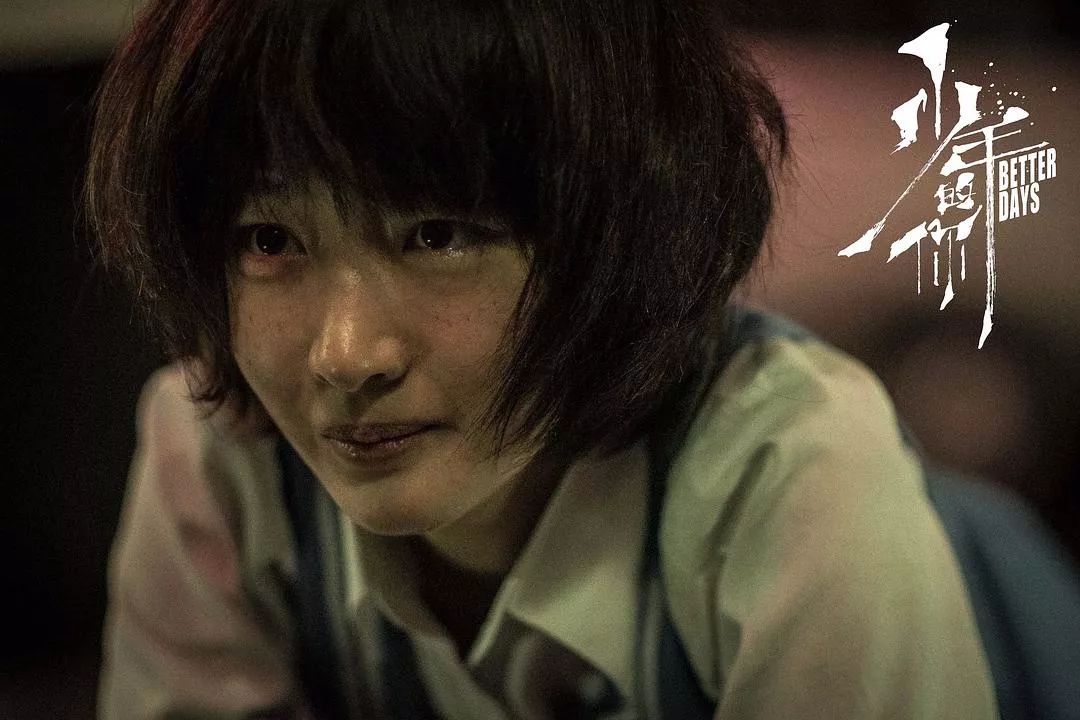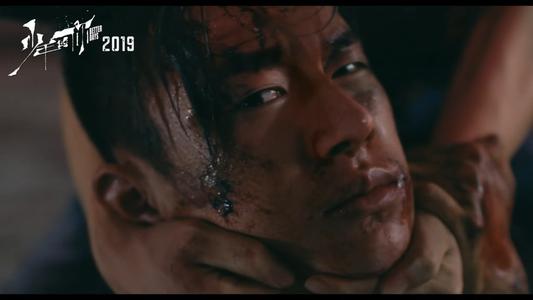REVIEW | Better Days: Youth, Redemption and Growth
We are all in the gutter, but some of us are looking at the stars.
Oscar Wilde, the sentence reappears in “Better Days”

A still from “Better Days.” From Wikipedia.
“Better Days,” adapted from the popular online novel “In His Youth, In Her Beauty,” is a romantic crime coming-of-age drama directed by Derek Tsang Kwok-Cheung, an emerging Hong Kong filmmaker. The film was highly anticipated for starring Zhou Dongyu, the 2016 Golden Horse Best Actress Award winner, and Jackson Yee, from the ultra-popular Chinese boy band TFBoys. With reference to an on-screen sensitive subject, campus bullying, “Better Days” was banned by mainland China’s censors for almost a year.
Still, good movies will always see the light of the day.
In 2019, the film was finally released on October 25th in China and November 8th in the United States. At the time of this review, it had grossed more than $227 million at the global box office and bagged a total of eight prizes at the 2020 Hong Kong Film Awards, an unexpected and explosive hit for the film industry. The rave reviews that it has won confirm its high standards: a harmonious blend of teen romance and China’s Gaokao (the national college entrance examination) and school bullying issue.

A scene where Xiao Bei and Chen Nian say nothing to each other speaks volumes
What sets this film apart from other youth movies is that its storytelling diverges far from the traditional tales that dominate the teenager romance genre. Rather than reflecting on the beauty of youth, “Better Days” narrates a story of how two teenagers, who are facing their trauma, save and protect each other to become the adults they aspire to be. The story begins a few weeks before China’s Gaokao, when Chen Nian (Zhou Dongyu), an underprivileged but outstanding high school student, is preparing for the exam. But after Chen’s classmate Hu Xiaodie commits suicide by jumping from the school building after encountering campus violence, Chen becomes the next victim. At her most lonely and helpless, Xiao Bei (Jackson Yee), a young street thug, who is abandoned by his parents and learns to survive on his own, comes into her world and tries to protect her. After the two lost teens go through all kinds of hardships together, they develop a healing bond for each other; and later, they take turns supporting each other out of danger in the way they think is best.
This film stands out for its realism. Without dreamy scenes and plots, it adopts a documentary-style shooting, recording the ordinary and authentic Chinese high school environment – the noisy reading sound, the exam papers and textbooks occupying most of the desk area, the inspiring Gaokao oath meeting, and the teachers’ repeated reminders. The cinematographer boldly uses many close-ups, successfully throwing Xiao Bei and Chen Nian’s complex emotions to the audience. The continuing high angle and low angle shot immerse the audience in tension and pressure, coinciding with the “dark” theme of campus violence and mutual redemption. Filled with dark, earthly natural lighting and colors, this film further promotes a sense of documentary while paying tribute to Wong Kar-wai and other Hong Kong filmmakers.


From Wikipedia.
The “symbiotic relationship” between Chen Nian and Xiao Bei is another highlight. Under the heavy pressure of school violence and college entrance examination, what keeps them together is their mutual soul dependence. It’s a relationship that lasts longer than friendship and is closer than love without suspicion. “Better Days” features several touching moments that stand out, like the two teens’ steadfastness in the face of police questioning and the silent and tearful moments when they looked at each other in the visiting room after Chen finally confessed. As Xiao Bei says to Chen Nian, “you protect the world, and I protect you.” Such a promise sounds very naive, but it is the two teenagers' most true inner monologue that captures their youth.
Apart from the unique interrelationship between characters, the social phenomenon reflected in the film is even more thought-provoking. The wet tissues that hit Hu Xiaodie (the girl who committed suicide by jumping from the building), the red ink on Chen Nian’s chair, the seemingly unintentional pushing in the stairwell, the beating and humiliation on the way after school: Campus violence is not a new issue, and bullying is not just on campus. However, like Chen Nian, many bullied children are afraid to fight back. There is no other way but to escape. This is also why Chen tries so hard to do well in the Gaokao – she thinks that by entering a good university and moving to a new place, she can start over.
“Better Days” is clearly a film with an anti-bullying social purpose. Its bold shooting style and novel relationship construction make it a masterpiece. The film deserves its success both professionally and commercially. It is expected that it will sweep the awards once again as the Hong Kong, China entry for the 93rd Oscar for Best International Film.
